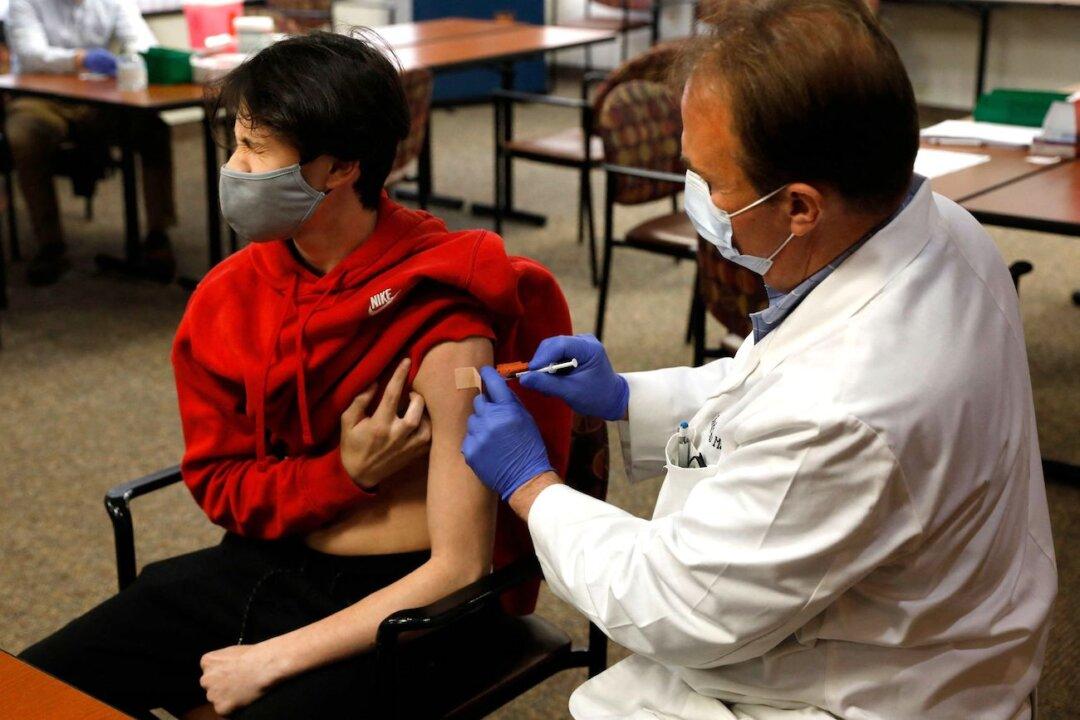WASHINGTON—The debate is growing over whether developed countries including the United States should temporarily waive intellectual property (IP) and patent rights on COVID-19 vaccines to expedite global vaccination efforts.
The Biden administration on May 5 announced that it would support the waiver of those protections for vaccines “to expand vaccine manufacturing and distribution” around the world to end the pandemic.





